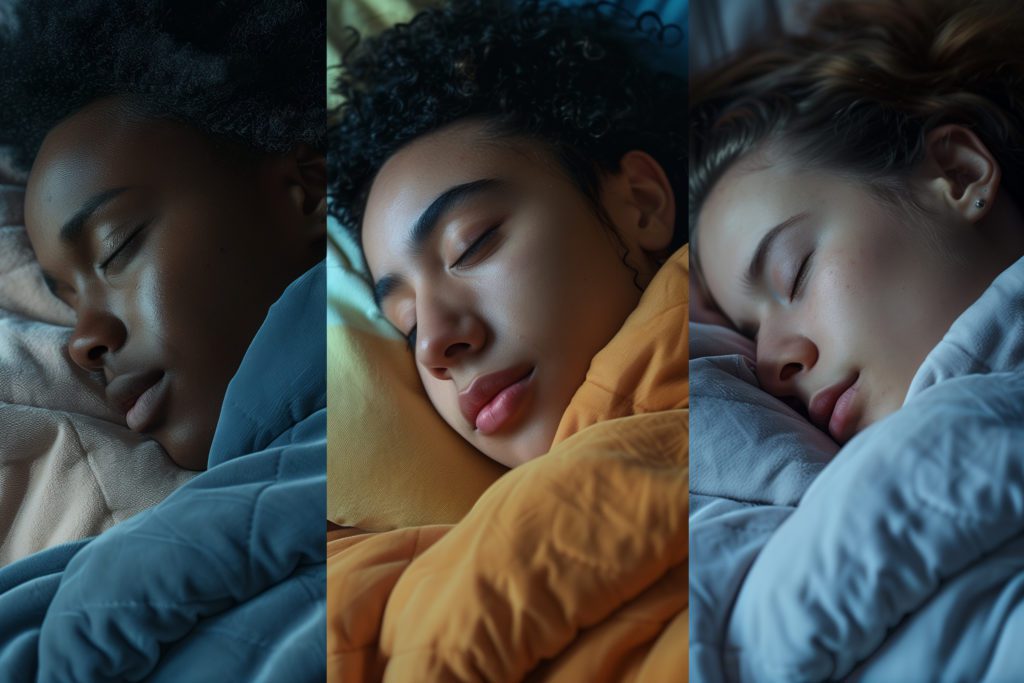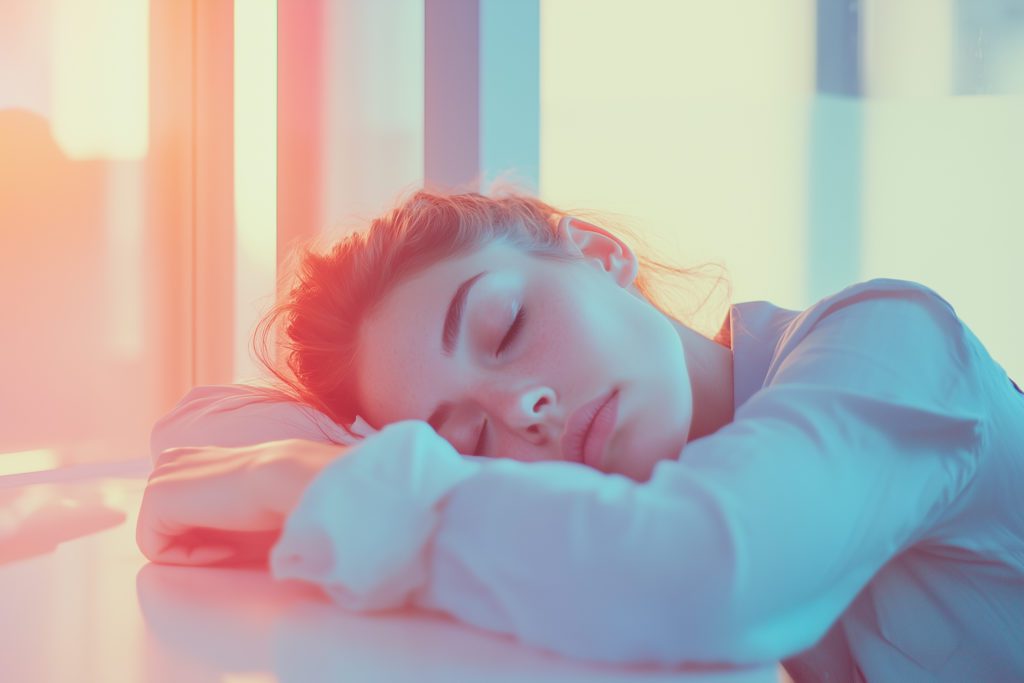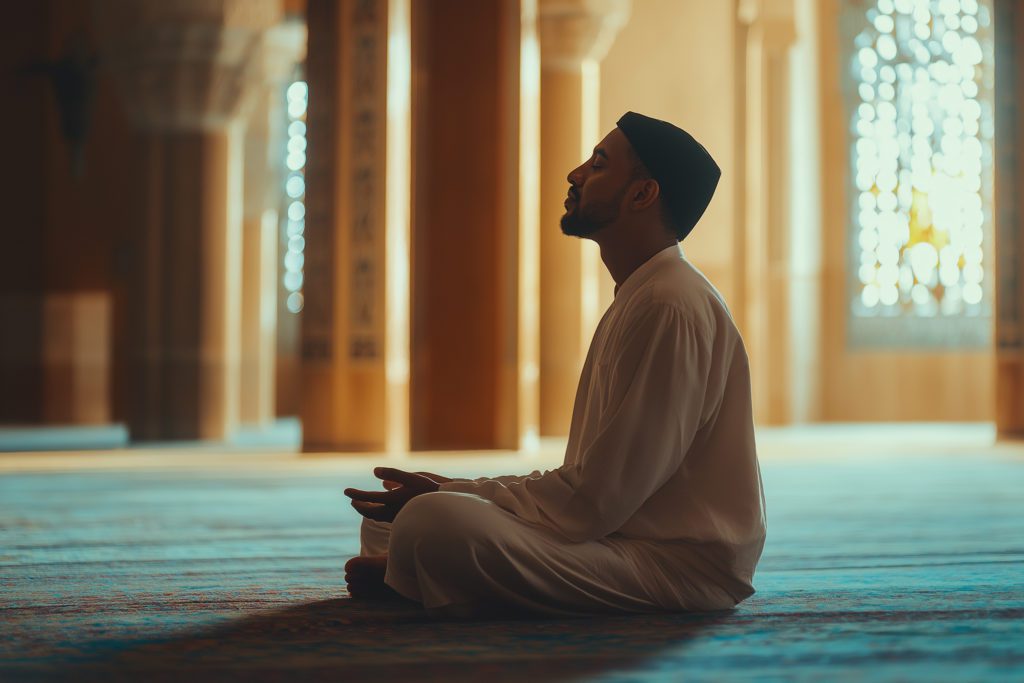
The Healing Power of Sleep: 5 Unexpected Historical Remedies and Beliefs
How different cultures and civilizations have tapped into the healing power of sleep.

Sleep is often regarded as nature's best medicine—a universal remedy that requires no prescription, has zero side effects, and is accessible to all. Yet, while most of us appreciate a good night’s rest, we might not realize just how powerful sleep truly is, especially when it comes to healing.
Whether it's bouncing back from a common cold or recovering from a workout, sleep is the body’s most effective repair mechanism. But did you know that our ancestors had some pretty wild and unexpected ideas about the healing power of sleep?
In this article, we'll discuss history, exploring how different cultures and civilizations have tapped into the healing power of sleep.
The Science Behind the Healing Power of Sleep
We often think of sleep as a time when our bodies shut down, but this is far from the truth. Sleep is a highly active period during which your body repairs tissues, builds muscles, and even synthesizes proteins essential for healing. This is particularly true during the deeper stages of sleep when growth hormone is released.
Studies have shown that sleep deprivation can significantly impair wound healing and immune function. So, the next time you're tempted to pull an all-nighter, remember that you might be slowing down your body's ability to bounce back from that paper cut or recover from that gym session. The healing power of sleep is not just a catchy phrase; it's a scientifically backed reality that's been crucial to human survival since the dawn of time.
Ancient Egyptian Beliefs and Sleep Rituals
When you think of Ancient Egypt, images of towering pyramids and golden tombs probably come to mind. But did you know the Egyptians were also ahead of their time when it came to understanding the healing power of sleep?
Ancient Egyptians believed that sleep wasn't just a passive state but a doorway to the divine—a time when gods could visit and offer guidance, healing, and wisdom.
In fact, they took their sleep so seriously that they built dream temples, also known as "sleep temples," where people would go to rest, meditate, and hopefully receive a healing vision.
These temples were dedicated to Imhotep, the god of medicine. Those suffering from ailments would spend the night in these sacred spaces, hoping to be visited by the gods in their dreams, who would then provide a cure.
Greek and Roman Sleep Therapies
Fast forward a few centuries, and the Greeks and Romans had their own spin on the healing power of sleep. In Ancient Greece, sleep wasn't just a nightly necessity; it was a powerful therapy. They even had a god dedicated to it—Hypnos, the god of sleep, who would gently touch people with his magic wand or sprinkle them with poppies to induce rest.
One of the most fascinating practices was the use of sleep temples, known as Asclepieions, named after Asclepius, the god of healing. These were essentially ancient wellness centers where people would go to be healed. The treatment? A good night's sleep, of course!
Patients would undergo a process called "incubation," where they would sleep in the temple and await a visit from Asclepius in their dreams. It was believed that the god would reveal the cure for their ailment, which would then be carried out by the temple priests.
The Romans, never ones to be outdone, also adopted this practice but added their own flair. They believed that dreams were the keys to the future and often sought out professional dream interpreters, much like modern-day therapists—except these ones might suggest you cure your headache by sacrificing a goat.
Medieval Europe: Sleep and Healing Practices
In a time when medical knowledge was lacking, people turned to sleep as a key component of healing, often intertwining it with religious practices.
In Medieval Europe, it was common to believe that sleep was a battleground for the soul, where forces of good and evil would fight it out. People would pray before sleep, asking for protection from nightmares, which were thought to be the work of demons. Healing was believed to come through peaceful, undisturbed sleep, free from these nocturnal visitors.
The Role of Sleep in Traditional Chinese Medicine
In Traditional Chinese Medicine, the body's energy, or Qi, flows through pathways known as meridians, and sleep is seen as the time when Qi is restored and balanced. According to TCM, sleep's healing power is crucial for maintaining harmony in the body—a concept that still resonates with many today.
Indigenous Cultures and Sleep Healing Rituals
Indigenous tribes across the Americas, Africa, and Australia have long recognized sleep's power in maintaining physical and spiritual health. These cultures often view sleep as a time when the soul can travel, seek guidance, and even heal the body.
In many Native American cultures, dreams are a vital part of healing. Similarly, in Aboriginal Australian cultures, the concept of "Dreamtime" refers to the time when the earth was created, and it is believed that during sleep, people can connect with the spirits of their ancestors.
Modern Takeaways: What We Can Learn from History?
One thing is clear: the healing power of sleep is a concept that has transcended time and cultures. From the dream temples of Ancient Egypt to the sleep rituals of indigenous tribes, our ancestors understood that sleep is more than just a break from reality—it's a critical time for healing both the body and the mind.
What can we take away from all of this? For starters, we can learn to prioritize our sleep as much as our ancestors did. Sure, we might not need to build a shrine in our bedroom, but creating a peaceful sleep environment, free from distractions, is a good place to start.
So, as you settle into bed tonight, take a moment to appreciate the simple yet profound act of sleep.

Written by
Dr Aqsa
As a Medical Doctor, Dr Aqsa, uses her knowledge to craft complex medical information that is understandable to the general public. For years, she has tried to improve health literacy and empower readers with valuable health knowledge through her articles, blog posts, and educational materials.
Download Pillow
Get help
Press & News
Legal
Connect
X (Twitter)
Company
Copyright © Neybox Digital Ltd.


